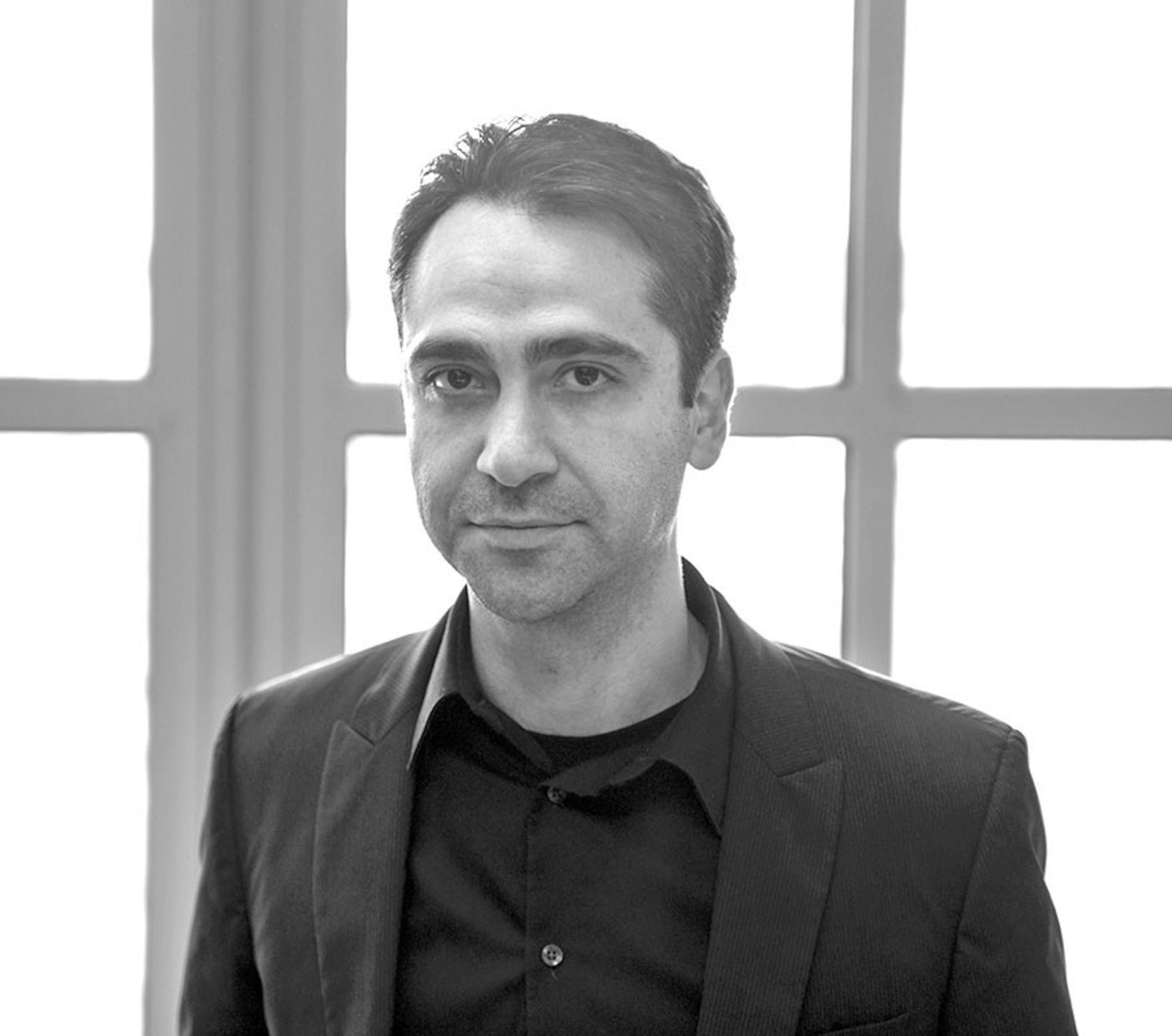As an undergraduate, chemistry professor Ivan Aprahamian stumbled upon the field of supramolecular chemistry while searching for a senior project topic. Last week, years after this discovery, Aprahamian was awarded the Cram Lehn Pedersen prize in the same field.
Sponsored by the Royal Society of Chemistry Chemical Communications Journal, the award is named after the 1987 Nobel Prize in Chemistry recipients and recognizes significant original work in supramolecular chemistry by emerging investigators, defined as chemists within 10 years of having received their doctorate degrees.
Supramolecular chemistry is a field of chemistry that focuses on chemical systems in which molecules can interact and form larger functional units. Aprahamian received the award for his work on molecular switches, which he described as organic molecules that can be controlled using an external stimulus by changing some quality of in the molecule, such as shape or conductivity.
These switches have a variety of interesting functions and applications, he noted, and are also helpful to the supramolecular chemistry community, as many have already been adopted by other research groups for use in their labs.
“Recently a group in the UK incorporated one of our hydrazone switches into a nano-robotic arm that was used in transporting cargo at a distance of two nanometers,” Aprahamian said.
Aprahramian said his lab has developed switches that can be activated using infrared and visible light, which could be applied to control the effectiveness of cancer drugs. Supramolecular chemistry also has applications in nantotechnology, drug delivery and data storage,
As a CLP recipient, Aprahamian will be presenting at the International Symposium on Macrocyclic and Supramolecular Chemistry this summer in Seoul, South Korea.
Aprahamian said that he first became fascinated with supramolecular chemistry when he had to select a topic for his senior project in college.
“As an undergrad, for my senior project, I had to pick a topic, and I went to the library and looked at some interesting topics,” he said. “I found a book about molecular containers, and after reading the book I got very, very excited about the field. It was not my Ph.D., but I was fascinated.”
Mark Moran, a postdoctoral fellow in Aprahamian’s lab, described him as extremely driven and dedicated to his field.
“Winning this award for him is a culmination of that,” Moran said. “He expects a lot from us but a lot from himself.”
He added that winning these kinds of awards brings more visibility and attention to their research not only in the community but also to a broader network of chemists in general.
Colleen Gill Gr’19, a graduate student researcher in Aprahamian’s lab, also highlighted the amount of time and dedication that Aprahamian puts into his work.
Chemistry department chair Dale Mierke described Aprahamian as a “phenomenal colleague,” saying that Aprahamian has contributed to the chemistry department significantly beyond his research. In the chemistry department, Aprahramian is the chair of graduate student recruitment and chair of a graduate student advisory committee that invites high school students to visit science laboratories at Dartmouth, Mierke said. The initiative is part of a program funded by the National Science Foundation.
Beyond research, Aprahamian teaches Chemistry 51, “Organic Chemistry” in addition to special topics courses in supramolecular chemistry. He said that many of the concepts taught in the class relate to his research work.
“Some of the reactions that we teach are the reactions we’re using on a regular basis in the lab, though supramolecular chemistry goes beyond that,” Aprahamian said.
Other projects that Aprahamian is working on include developing molecules that can emit light in a solid state, as well as non-equilibrium processes.
“This award is an outstanding recognition of the scientific research we’re carrying out here both at the undergraduate student and graduate student level,” Mierke said.
Erin Lee and Joyce Lee contributed reporting to this story.
Correction appended (March 2, 2016):
The originally version of this article incorrectly identified supramolecular chemistry as supramicrochemistry in four different places. These have been corrected.




